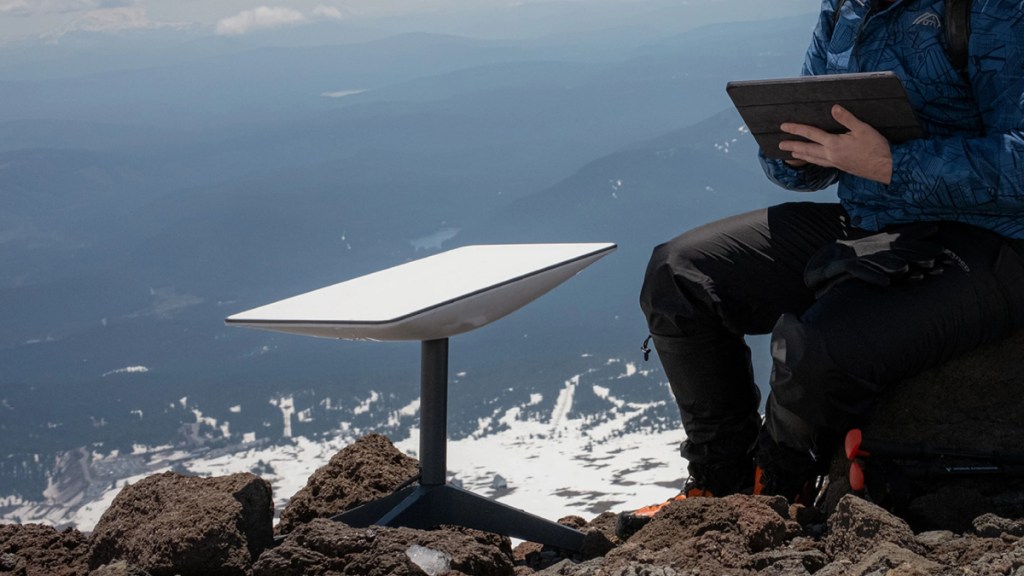Starlink is slowly readying itself for its India chapter. Prior to its launch in India, Elon Musk’s satellite internet venture has commenced mandatory security testing in the country, signaling an imminent local release. Security trials are one of the final and most critical steps before launching commercial satellite broadband services in India. Rumours now hint at a potential launch for the SpaceX-owned venture as early as 2026.
The current round of security evaluations is a necessity for all foreign and domestic telecom operators in India. This testing phase follows Starlink receiving key government approvals and provisional spectrum assignment earlier this year, despite previous regulatory hurdles and security concerns regarding the unauthorised use of Starlink devices in sensitive border areas.
Starlink undergoes security trials in India
Starlink is building infrastructure to go ahead with the launch, with plans to establish at least nine to ten gateway earth stations across the country. These stations, which will connect the low-Earth orbit satellites to local internet networks, are slated for major cities including Mumbai, Noida, Chandigarh, Kolkata, and Lucknow.
Mumbai, where three ground stations are already complete, is set to serve as the company’s operational hub. This network scale outpaces the build-out plans of its primary rivals, which include Bharti Airtel-backed Eutelsat OneWeb and Reliance Jio’s satellite entity, Jio Satellite.
Starlink’s strategy in India is different from its competitors as it aims to focus heavily on retail consumers, directly targeting the tens of millions of underserved households, especially in rural areas lacking reliable high-speed internet. On the other hand, Jio and OneWeb have centered their offerings around enterprise and government clients.
Despite the progress, the final green light for Starlink’s commercial service relies on the Telecom Regulatory Authority of India (TRAI) releasing the final pricing framework for satellite services. If the regulator issues the necessary guidelines by the end of this year, industry observers guess that Starlink could begin beaming signals to Indian homes in the first half of 2026.
Meanwhile, the government has imposed strict security conditions to safeguard national interests. This includes requiring all data generated during testing to be stored within India and mandating that only Indian nationals operate the gateway stations until foreign personnel receive security clearances.








